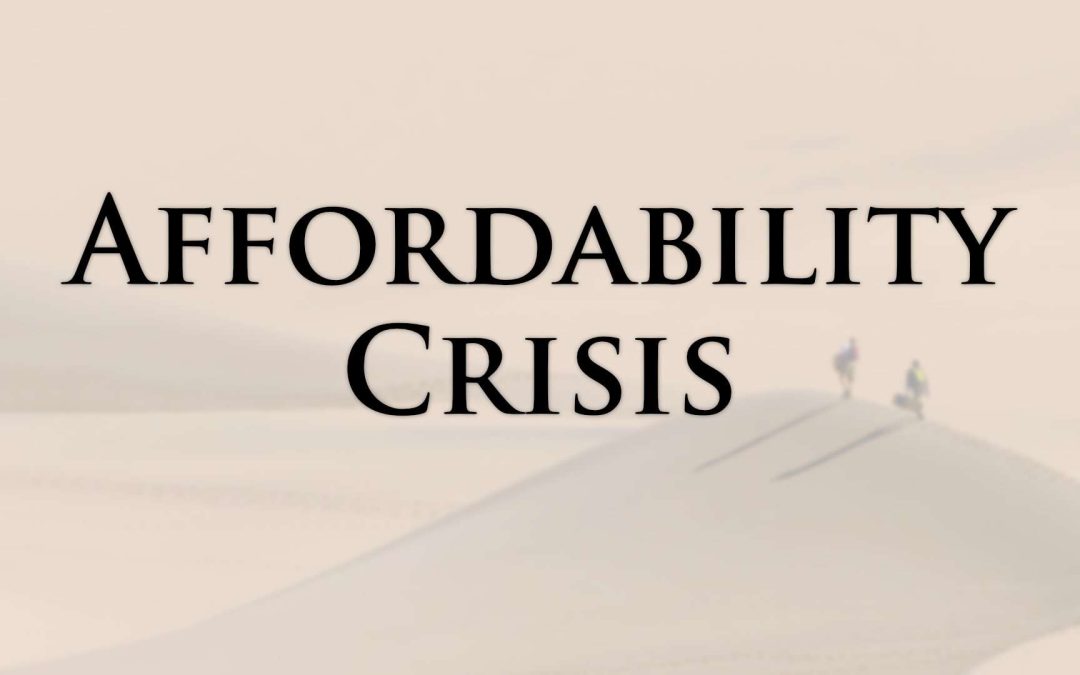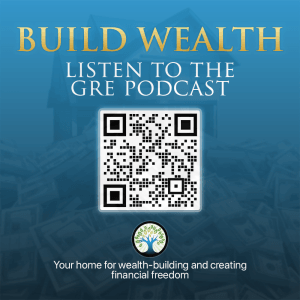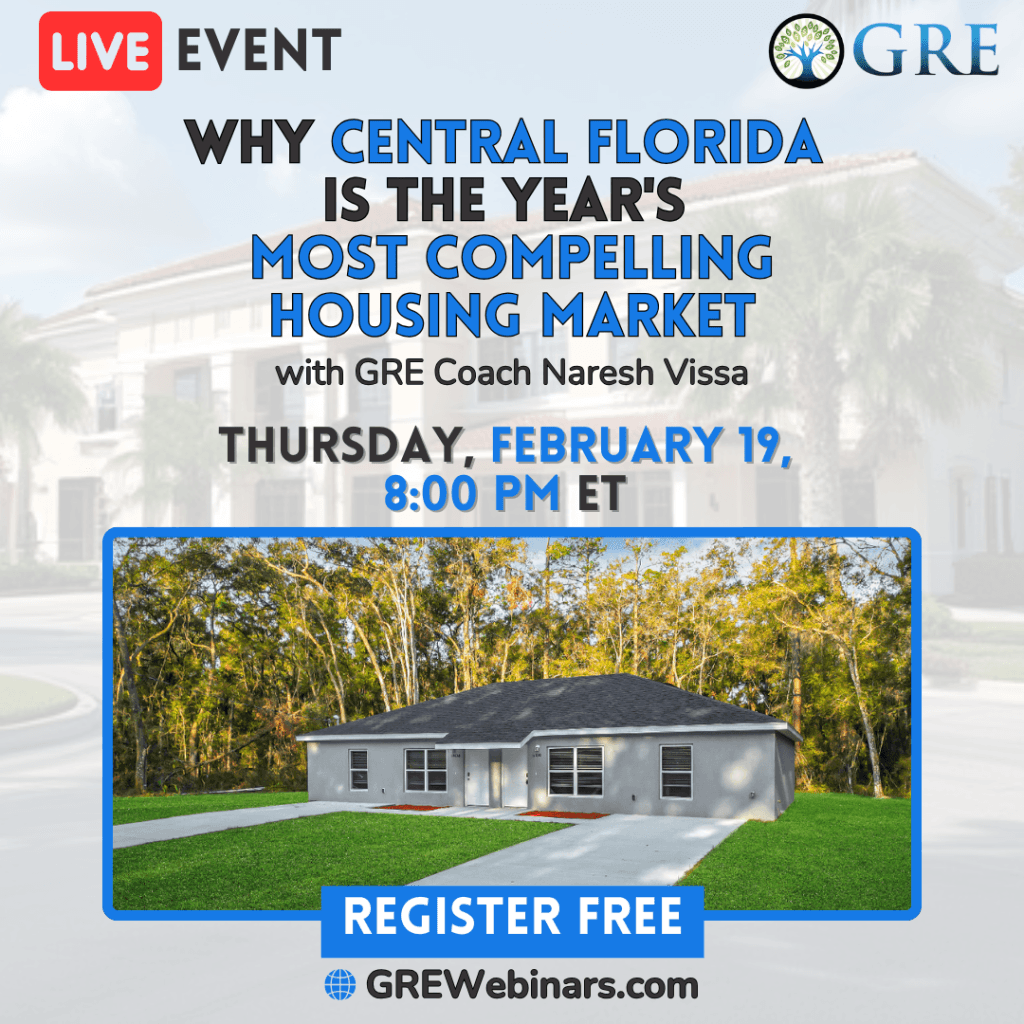You might have learned that supply and demand dictate price before you graduated high school.
There’s a less-discussed variable within—capacity to pay.
Say you and I are crawling through the hot desert, penniless and dying of thirst. We have high demand for a drink of water.
We’re lucky enough to find a trekker with a water canteen.
Ah! Demand just met supply. A market is about to be created and we will live, right?
No.
They charge just one penny for a drink. We can “demand” it all that we want. But since we’re penniless, we’re dead.
We lacked the capacity to pay.
Now that the median monthly mortgage payment is 56% higher than a year ago due to higher home prices and higher interest rates…
…many renters that wanted to buy a home feel like the dehydrated and penniless desert crawler.
They can demand to be a homeowner all that they want, but lack the capacity to pay.
Today’s wannabe first-time homeowner is in worse shape than Texas’ power grid.
American housing supply remains so scarce that we need about a 250% supply increase, about ~600K now up to 1.5M (chart), just to have supply-demand equilibrium.
What should keep supporting the higher prices that I expect?
1) Higher mortgage rates
C’mon now.
In what twisted, upside-down era and place would higher rates correlate with higher property prices?
Today, and right where you are as you read this now.
Prices have risen alongside interest rates for the past 18 months.
Like I’ve shared before, mortgage rates have increased substantially nine times since 1994. Home prices rose seven out of those nine times (chart).
(Remember, when the Fed lowers rates, it often means that the economy is doing poorly and needs support.)
But homebuilders expect higher rates to slow buyer appetite. This has made homebuilder confidence and sentiment sink. Builders build less. This crimps supply even more.
Existing homeowners are reluctant to sell because their replacement home would have a higher rate. Since their property often does not come onto the market at all, it further crimps supply.
2) Demographics
28-34 year-olds are the most populous age cohort in America. It’s prime “household formation” age.
When a 51-year-old buys a home, they typically sell their old one. This balances supply and demand.
But see, when these more numerous 29-year-olds buy a home, they often don’t have one to sell. Their transaction absorbs one unit of supply.
3) Existing Homeowner Strength
A housing price crash is fueled by distressed homeowners that cannot make their mortgage payments and have no equity, so they walk away (like 2008).
Today, 40% of homeowners have no mortgage. I guess those zero-leverage weirdos aren’t listening to GRE every Monday morning.
Among those with mortgages, the national loan-to-value ratio is 30%. For example, that’s a $500K home with a $150K mortgage.
The delinquency rate on residential mortgages keeps descending (chart).
4) The Fed Factor
This supports rents.
The Federal Funds Rate is nearing 2% (chart).
Many expect it to be raised near 2.5% during their announcement next week, on Wednesday the 27th.
Sure, they’re trying to slow inflation.
But in a real estate context, the Fed is trying to fight a supply issue by dampening homebuyer demand.
Eventually, they have a chance to stomp out demand if today’s mortgage rate doubles.
This all pushes droves of people into renting property. They can’t afford to buy a drink in the desert.
Bottom line
Two big variables are rigid and bulletproof as Kevlar. They cannot change in the next few years:
- High demographic demand
- Low housing supply
Losers → renters, first-time homebuyers
Winners → existing homeowners, rental property owners
Thought getting your money to work for you creates wealth? It doesn’t! That’s a myth. My one-hour investing video course is now 100% free: Real Estate Pays 5 Ways. For a limited time, you can learn how wealth is really created, here.




